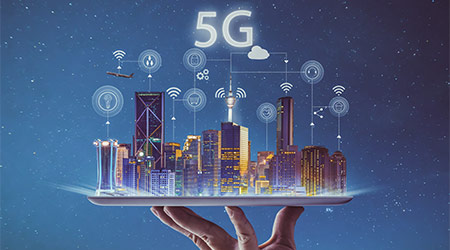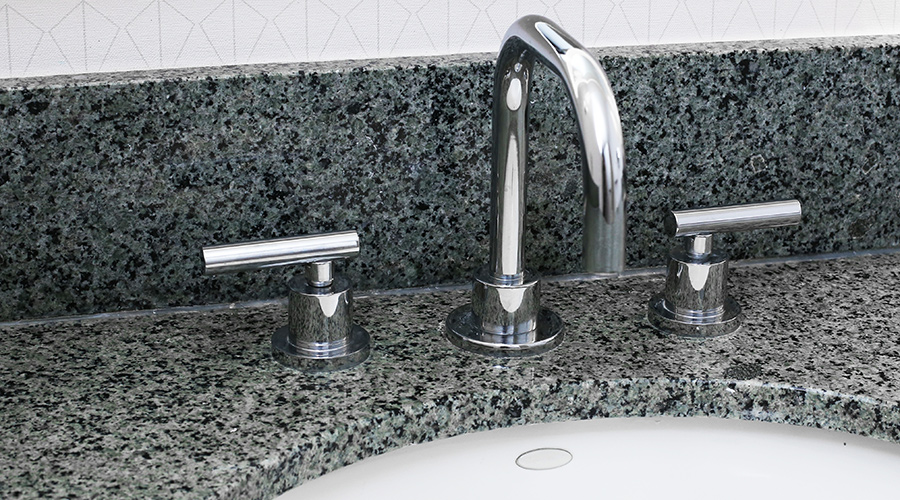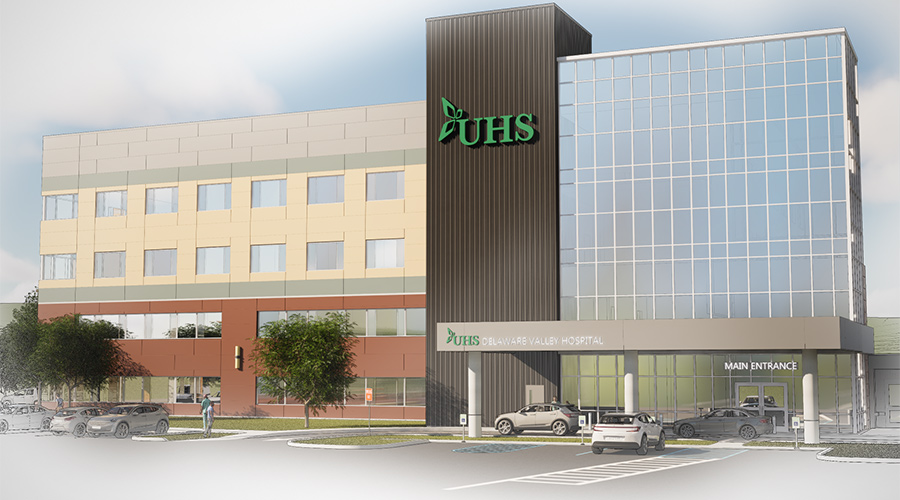Speed is increasingly the name of the game for information technology in healthcare, and tthe U.S. Department of Veterans Affairs (VA) is on the cutting edge of one important advance — 5G technology. So the VA is being careful to address a range of potential concerns among its patients.
There’s no scientific evidence linking the emergence of fifth-generation wireless technologies to COVID-19 or cancer, the Veterans Affairs Department’s Dr. Ryan Vega confirmed Tuesday.
But that doesn’t mean there aren’t other risks as 5G comes to fruition inside America’s hospitals, according to Nextgov. So as an early federal adopter, VA is proceeding thoughtfully to ensure the heaps of new attack vectors that come with it don’t put patients in harm's way.
As the VA’s chief officer for health care innovation and learning, Vega has a front seat view to the department’s three ongoing 5G-centered deployments. The VA’s 5G journey kicked off early last year, with the launch of Project Convergence at its Palo Alto Healthcare System in California.

 From Downtime to Data: Rethinking Restroom Reliability in Healthcare
From Downtime to Data: Rethinking Restroom Reliability in Healthcare LeChase Building Four-Story Addition to UHS Delaware Valley Hospital
LeChase Building Four-Story Addition to UHS Delaware Valley Hospital AdventHealth Sebring Breaks Ground on Expansion Project
AdventHealth Sebring Breaks Ground on Expansion Project Regulations Take the Lead in Healthcare Restroom Design
Regulations Take the Lead in Healthcare Restroom Design AHN Allegheny Valley Hospital Opens Expanded Inpatient Rehabilitation Unit
AHN Allegheny Valley Hospital Opens Expanded Inpatient Rehabilitation Unit